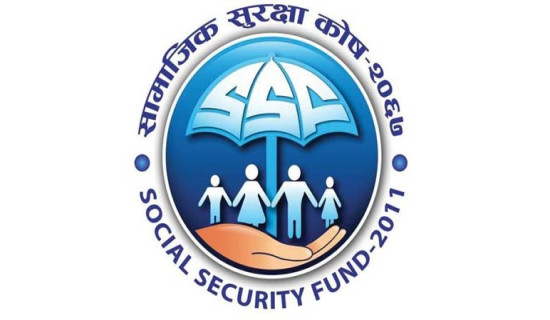- Friday, 25 July 2025
Ease FDI Procedures
Even when Nepal continues to make efforts to attract more Foreign Direct Investment (FDI), the country appears to have witnessed a falling trend. Apparently, over the last six years, the country recorded a drop in investments by 70 per cent. This tendency is mostly common in South Asia, with the exceptions of Bhutan and Pakistan. However, Nepal can still improve its situation by breaking structural barriers evident in the area of FDI. As per the United Nations Conference on Trade and Development (UNCTAD), FDI is now 10 per cent lower in Least Developed Countries (LDCs) and Landlocked Developing Countries (LLDCs) as compared to six years before. Since Nepal is placed under these categories, the effect is manifest in the country, too.
In 2024, Nepal organised the 3rd Investment Summit. Economic diplomacy continues to be a major objective of Nepali diplomatic missions abroad. Yet, there is a discrepancy between commitment and actual investments received, pointing to weak follow-ups. Rich in natural resources, the country holds immense potential to attract and gain benefits from foreign investments, mainly in areas like employment generation, technological advancement and knowledge.
But the lingering political instability is a stumbling block, causing distrust among prospective investors. They take policy instability as an obstacle to the growth of FDI. It seems that even the major political parties do not have a unified view on FDI, triggering frequent changes in policies. Likewise, profit repatriation policy poses challenges for foreign investors. It is sad to note that trademarks, copyrights and patents are not still well-managed in Nepal. Many domestic industries are reported to have created packaging copying the trademarks of popular products. According to fresh media reports, more than 1,800 cases have been filed citing trademark issues. Yet, the court has failed to present a verdict on all the cases, discouraging the investors.
We still have a long way to go when it comes to doing the necessary homework for devising strategies to welcome FDI. Moreover, government authorities have so far failed to evaluate the impacts of the foreign investments. How many jobs have they created? Have investments aided in the growth of various sectors? These are some questions that have to be pondered upon. Coordination among government agencies is not very strong. These agencies include the Ministry of Foreign Affairs, the Ministry of Industry, Commerce and Supplies, among others.
Nepal's economic freedom score is 52.5, placing it 131st out of 184 countries in the 2025 Index of Economic Freedom. Greater economic freedom translates to greater FDI inflow. Certain components of economic freedom—the rule of law, market openness, and a facilitative regulatory environment—are more impactful in attracting FDI. But weak economic freedom can put foreign investors in a dilemma. The recent launch of automated routes for investors to invest without prior government approval demonstrates digital reforms in administrative procedures. This is a good move, and the government needs to continue streamlining bureaucratic procedures to facilitate investors. One-stop service centre needs to be made effective while policies, plans and programmes must remain consistent.
As we aspire to attain a higher level of economic growth and reach a middle-income nation status, we are required to take planned strategic efforts. Our focus should be placed on strengthening our institutions and immediately dismantling the barriers that make foreign investors reluctant to come to Nepal. We have to be as flexible and welcoming as possible.
















